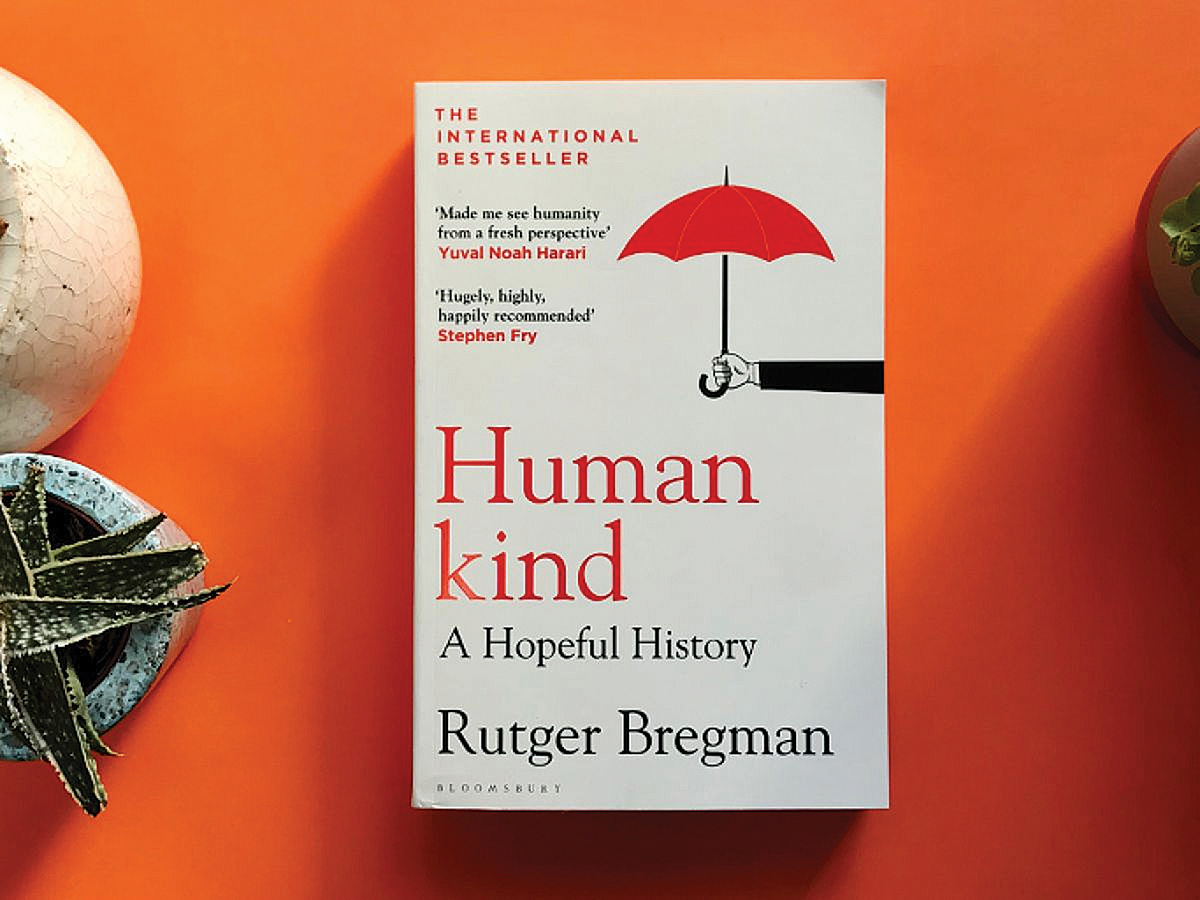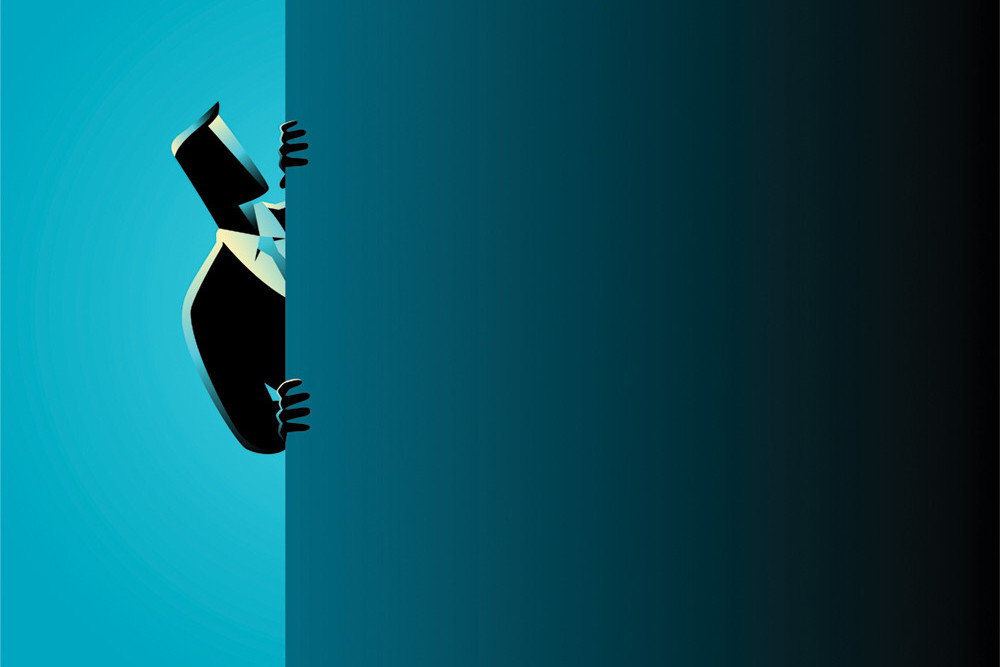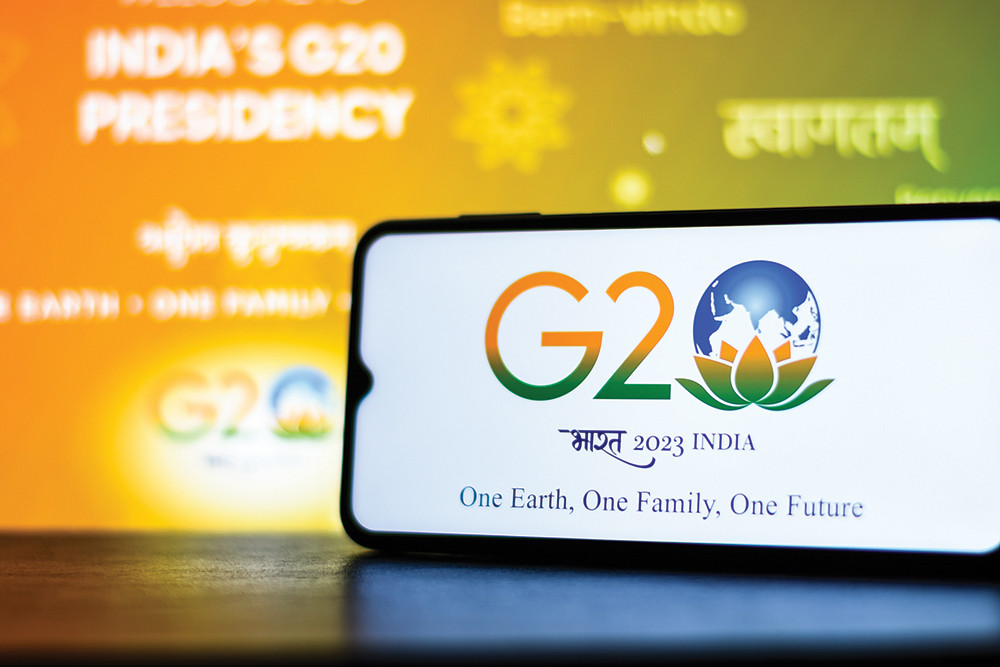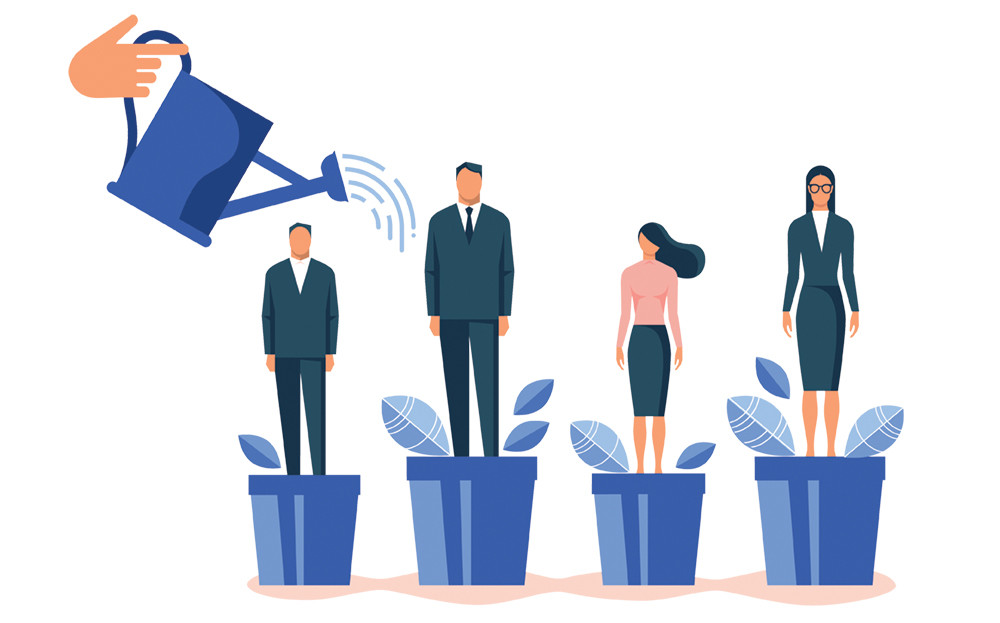
Doubt and suspicion form dangerous biz creed Oh, how a tiny news report tucked away in a foreign newspaper can set you thinking afresh! Yes, this is what happened to me when I chanced upon the news quoting Dutch historian Rutger Bregman at a literary festival. The headline read: ‘You have to believe that humans are (mostly) good.’ Well, this may not sound very surprising to us in our part of the world. But believe me, the West thinks rather differently. Western thought and culture are based on the premise that humans are basically selfish. Ever since Eve committed the ‘original sin’ in the Garden of Eden by biting the fruit from the forbidden tree, mankind has been treated as an intrinsic sinner. No wonder, Western corporate philosophy too is driven by the belief “that deep down people are just nasty and selfish or even monsters.” The quoted portion comes from Bregman whose book ‘Humankind: A Hopeful History’ (2019) cocks a snook at the established order in governments, businesses, elites and all those who actually run the world even as the common citizen thinks that he empowers and controls the top guns through his democratic right to vote. Bregman finds the citizen’s perception entirely misconceived. And, therefore, the young Dutch historian has been taking up the cudgels against the real ruling class at any given opportunity including platforms like the Davos summit. Bregman’s bestselling books, including ‘Utopia for Realists: How We Can Build the Ideal World’ (2014), have raised many angry hackles in the top corporate crust which is a vigorous votary and practitioner of the command-and-control model. The bosses have no hope of any good coming on its own from their teams. Pessimism is deeply entrenched in their psyche thanks to the ancient ‘original sin’ tale. Such doubt and suspicion can only serve as a death wish which smothers spontaneous optimism and motivation in the working class.
But this deeply flawed management model remains in currency and that too beyond the Western business hemisphere as well. Why is it so? After all, our philosophical and theological roots are so different. The simple reason is that the under-developed and developing countries like ours have imbibed the Western models lock, stock and barrel. The razzle and dazzle of the wealthy West have blinded us. Instead of picking and choosing what suits our culture and system, we have imbibed the Western way of business management in totality. So, are we saying that our heritage of trust and confidence in our own people and workers is bunkum? I firmly believe that management strategies based on fundamental mistrust in colleagues and co-workers can only spell disaster. Why would a team trust its manager who has no faith in them? The Orient is a different world. Interpersonal relationships can make or mar businesses.
Unlike the West, a business enterprise is viewed as an extension of the family here. Transactional relationships cannot, rather do not, last long. Look around and you will see how countries like Japan, South Korea, Singapore and Taiwan rose virtually from the rubble by sticking to their own social and management ethos. Vietnam, Bangladesh and Philippines too are riding astride the upward curve by doing things their own way. The human touch offered by one’s own tradition and culture cannot be supplanted by entirely foreign and alien ways. To quote young Bregman again: “So what is this radical idea? That most people, deep down, are pretty decent…It’s when crisis hits – when the bombs fall or the floodwaters rise – that we humans become our best selves.” Had humankind been visceral sinners we would not have witnessed the exemplary cooperation and collaboration among countries against the raging Covid 19 pandemic. It is because of the fundamental goodness in humans that extreme poverty, child mortality, child labour, famines, wars, deaths in natural disasters have plummeted over the last several decades, Bregman asserts, while also calling upon the elites to do more (read higher taxes) for the society which has let their coffers bloat. The elites find such suggestions incendiary because, as Bregman claims, they have turned shameless. With economic inequality growing by the day, the real sinners need to be named and shamed. Why blame the entire humankind? That would definitely be inhuman. No, sinful! Let’s not wait for Crisis to be Human. Read this also:





